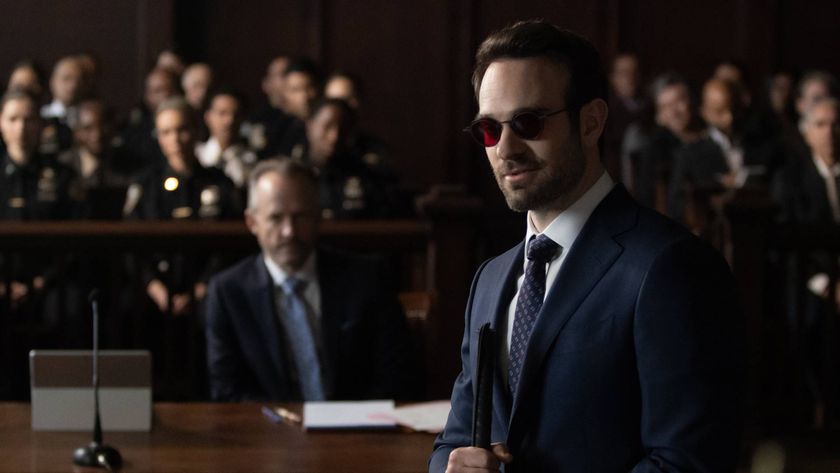Red Dead Redemption 2’s Dutch van der Linde is the villain 2018 deserves
Desperation, self-delusion, and woefully unearned confidence, Dutch van der Linde is the perfect villain for our times
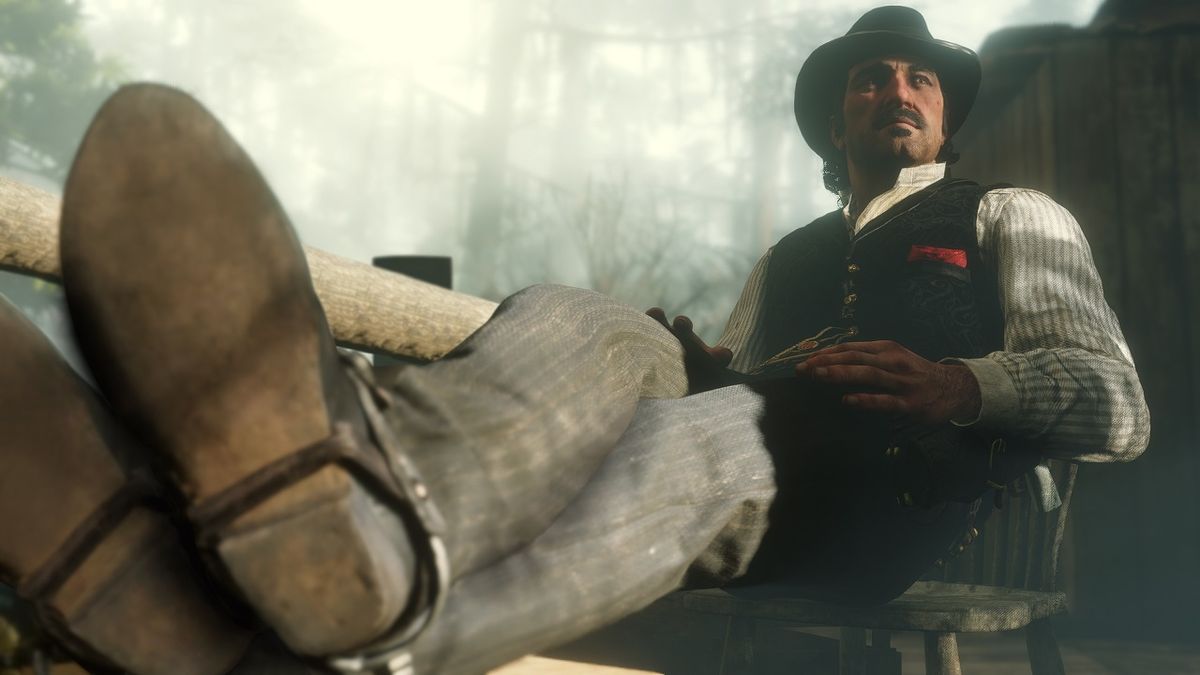
Upon hunting down and killing Dutch van der Linde in Red Dead Redemption, John Marston is able to explore the hideout of his once former high and mighty gang leader. Within, he uncovers such luxuries as a typewriter, a bathtub, and a bookshelf stacked with literature.
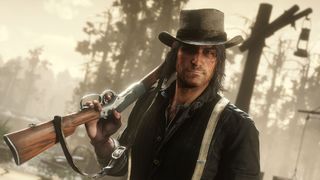
Heartbreak, horses and the staggering Red Dead Redemption 2 ending explained
It’s a startling discovery for someone who, throughout the events of the game, has been characterised as a stalwart defender of the frontier lifestyle against the encroaching corruption of modernity. But hypocrisy is Dutch’s forte. A demagogue who built his criminal career on a throne of contradictions, Red Dead Redemption’s villain is of an entirely different breed to those we normally encounter in video games.
While he was always a worthy foe in Red Dead Redemption, Rockstar’s prequel, Red Dead Redemption 2, paints a far richer picture of Dutch van der Linde, as we discover what happens when a man like that meets the cliff’s edge of his heyday, and his grandly woven tapestry of lies unravels to reveal only the ugly truth behind the curtain. It’s one of Red Dead Redemption 2’s greatest achievements, a compelling narrative focal point that almost makes you wonder whether this character arc was the reason Rockstar decided to make a prequel in the first place.
Ain’t no such thing as civilized
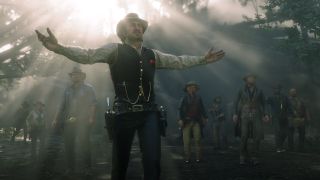
Dutch’s ambidexterity is evident from the very beginning in Red Dead Redemption 2. Cold, hungry, scared, and on the run, with two gang members dead after a botched robbery in Blackwater, the Van der Linde gang are hiding in the grizzly mountains, far north of where they wish to be. Look around, and you can immediately tell that things are bad, but there’s Dutch, attempting to give a rousing, unifying speech about how it’s all going to be ok, and his band of followers seem to believe him, too.
It’s here, in this collective delusion of grandeur, where you begin to see how Dutch has everyone so wrapped up in his fantasy of dogmatic idealism, he’s hoodwinked even himself, but you can at least understand why each gang member fell for his quixotic nature and fanciful rhetoric. These are the last remaining vagabonds of their kind, trying to survive in a society that doesn’t have a place for them anymore. When the world is telling them that bandits, cowboys, and outlaws are no longer welcome in America, Dutch is promising precisely the opposite.
We can see it as a wider allegory for the illusion of the American dream, sure, with Dutch exploiting a workforce by promising things he could never possibly deliver on, but - at the granular level - Red Dead Redemption 2 is far more interesting as a character study of someone who’s completely blind to the difference between fact and fiction.
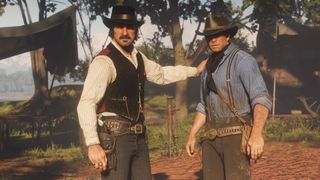
During the first two chapters, the player themselves (especially those who won’t have played the original Red Dead Redemption) may even be charmed by Dutch’s charisma, even while whispers of doubt garnish Arthur’s conversations with various gang members behind their great leader’s back. There’s talk that Dutch brutally killed a girl at Blackwater, and is starting to lose his way, but everyone appears to be nervously laughing it off as just a heat of the moment irregularity. His followers aren’t so much self-serving sycophants as they are overly zealous disciples, too scared to question if the person they’ve been dedicating their lives to until now might not be fit for the leadership mantle in the first place.
Sign up to the 12DOVE Newsletter
Weekly digests, tales from the communities you love, and more
Dutch’s exploitation of his gang’s dogged loyalty manifests in Red Dead Redemption 2’s gameplay, too. Every time you return to camp after an extended hunting trip or money making excursion, there’s Dutch, leisurely listening to his classical music, reading some of his favourite novels, or coddling with his latest ingenue, Molly O’Shea. Meanwhile, everyone else feels obliged, compelled even, to get out there and make as much money as possible, risking life and limb just to receive some love and attention from their benevolent boss man. It’s a cult of personality that breeds jealousies between friends, competition amongst family, and aberrant behaviour from those still trying to make their way into Dutch’s good books.
Despite the gang’s rapidly sinking prospects for a better life, Dutch manages to just about hold it together until Chapter 5, when the rising pressures of infamy begin to draw out his true, desperate nature. Using high-minded ends to justify increasingly debased means, we witness him brutally strangle an unarmed woman on Guarma, before permitting Molly O’Shea’s murder at the hands of jealous former lover Mrs. Grimshaw.
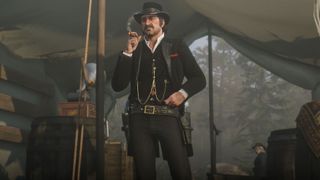
Dutch’s response to the mistakes of his own making is not to put up his hands and try to learn from them, or even consider the possibility of listening to the advise of his inner circle, but to demand even more loyalty, and withdraw further into the fool’s paradise of his own imagination. As Arthur finally begins to more openly question Dutch’s state of mind, this vicious cycle speeds up, careening towards it’s inevitable, tragic conclusion.
Man of the people
"Dutch has everyone so wrapped up in his fantasy of dogmatic idealism, he’s hoodwinked even himself"
Of course, we can’t talk about Dutch without applauding his voice actor, Benjamin Byron Davis, who returns to the character following an equally exceptional performance in Red Dead Redemption. Davis’ croaky tones are the perfect reflection of Dutch’s splintering artifice; it’s the voice of a man who’s barely holding it together, but refuses to admit it. It’s easy to get swept up when Byron Davis channels Dutch’s preachy vernacular to wax lyrical about the great promises of America, but then the voice starts to crack for a brief moment, usually when questioning a gang member’s loyalty, and you immediately doubt the veracity of everything he just said. It’s an immaculate melding of voicework and character that only comes around so often in interactive entertainment, and Byron Davis’ performance deserves to be lauded for years to come.
The tale of Dutch van der Linde in Red Dead Redemption 2 is, above all else, a cautionary parable for 2018. A prescient example of society’s tendency to often ignore hard truths in favour of more palatable fictions conjured by those with the charisma and guile to do so, following them with narrow-sighted stubbornness until reality catches up, yanks us back into the present, and forces us to deal with the fallout. It may be sheepish of characters like Arthur to go along with these flights of fancy, but it’s wolves like Dutch van der Linde who prey on those affections in the first place. And, as Red Dead Redemption 2’s tragic story goes to show, in a relationship predicated on that level of mistrust, no one ever really wins.
I'm GamesRadar's Features Writer, which makes me responsible for gracing the internet with as many of my words as possible, including reviews, previews, interviews, and more. Lucky internet!
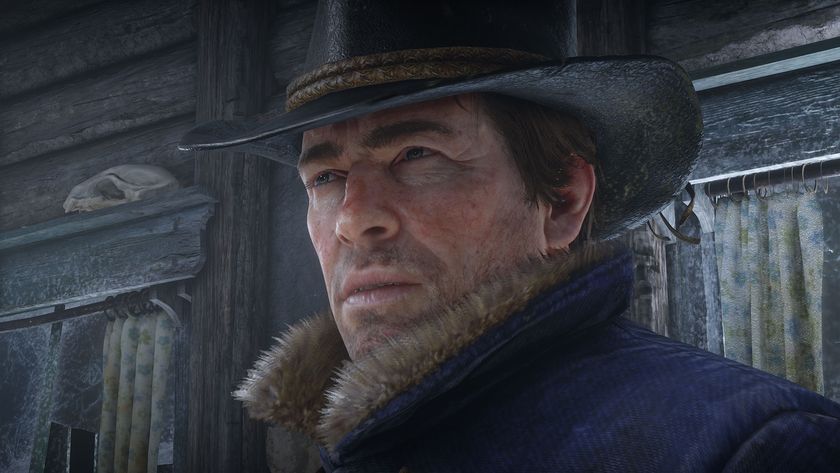
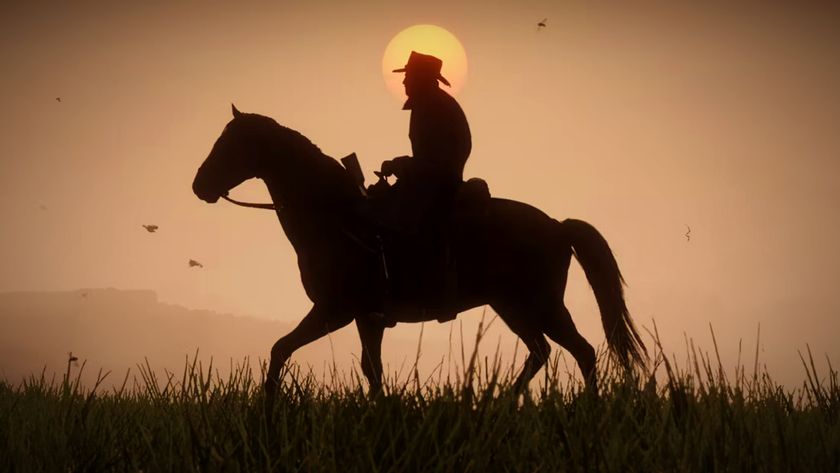
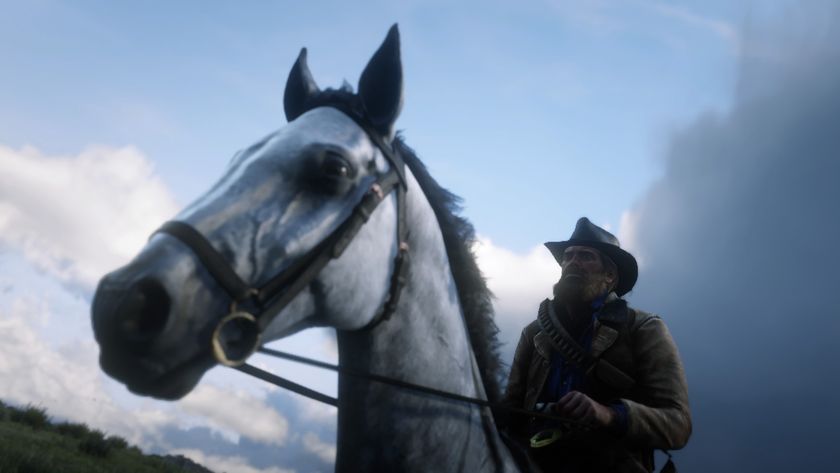
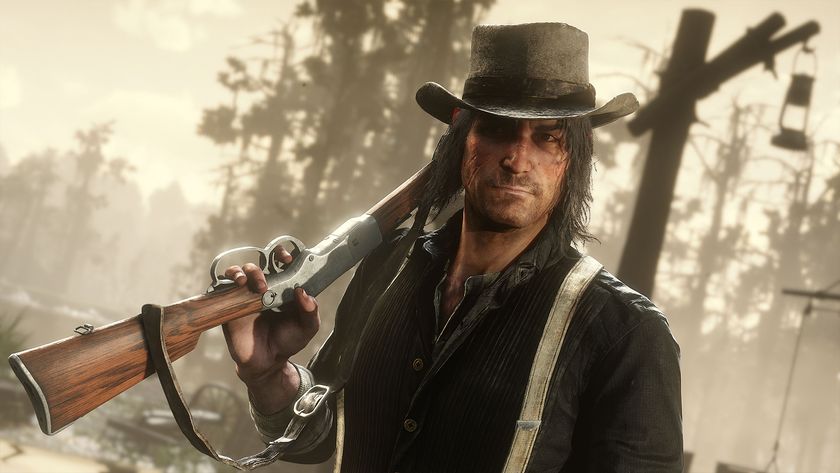
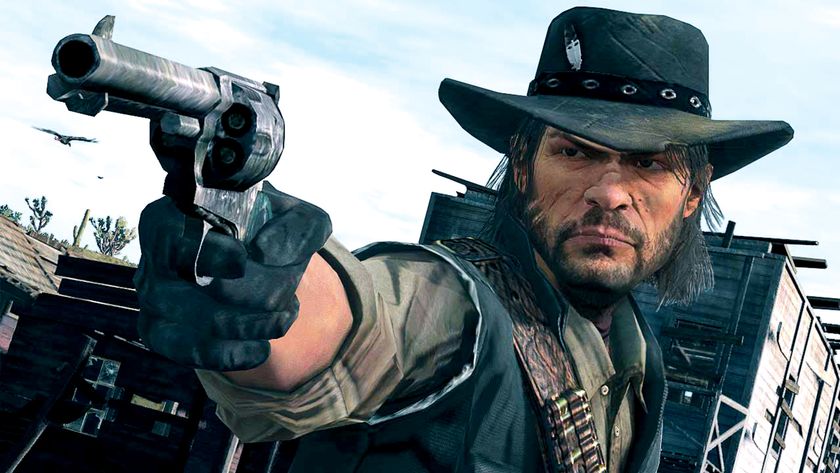
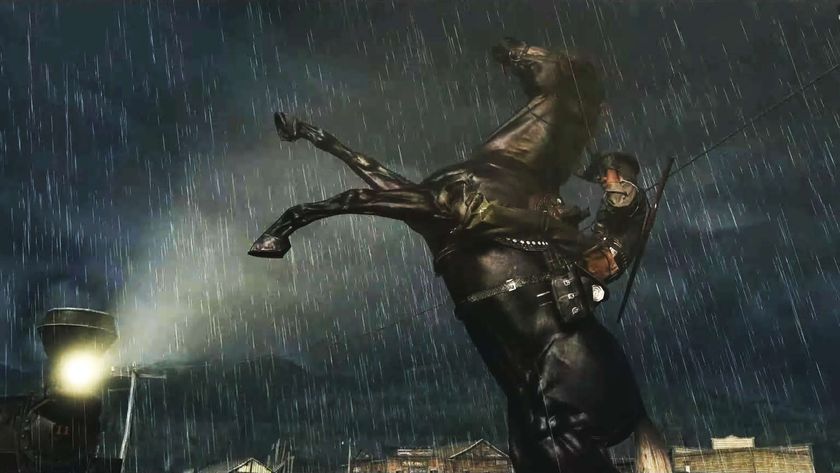







Former PlayStation boss Shawn Layden says 100-hour games are a "mismatch" to today's reality: "I haven't even opened Red Dead Redemption 2, because I don't have 90 hours"

Red Dead Redemption 2's very own Arthur Morgan says he wishes that he could work with "genius" Metal Gear mastermind Hideo Kojima

